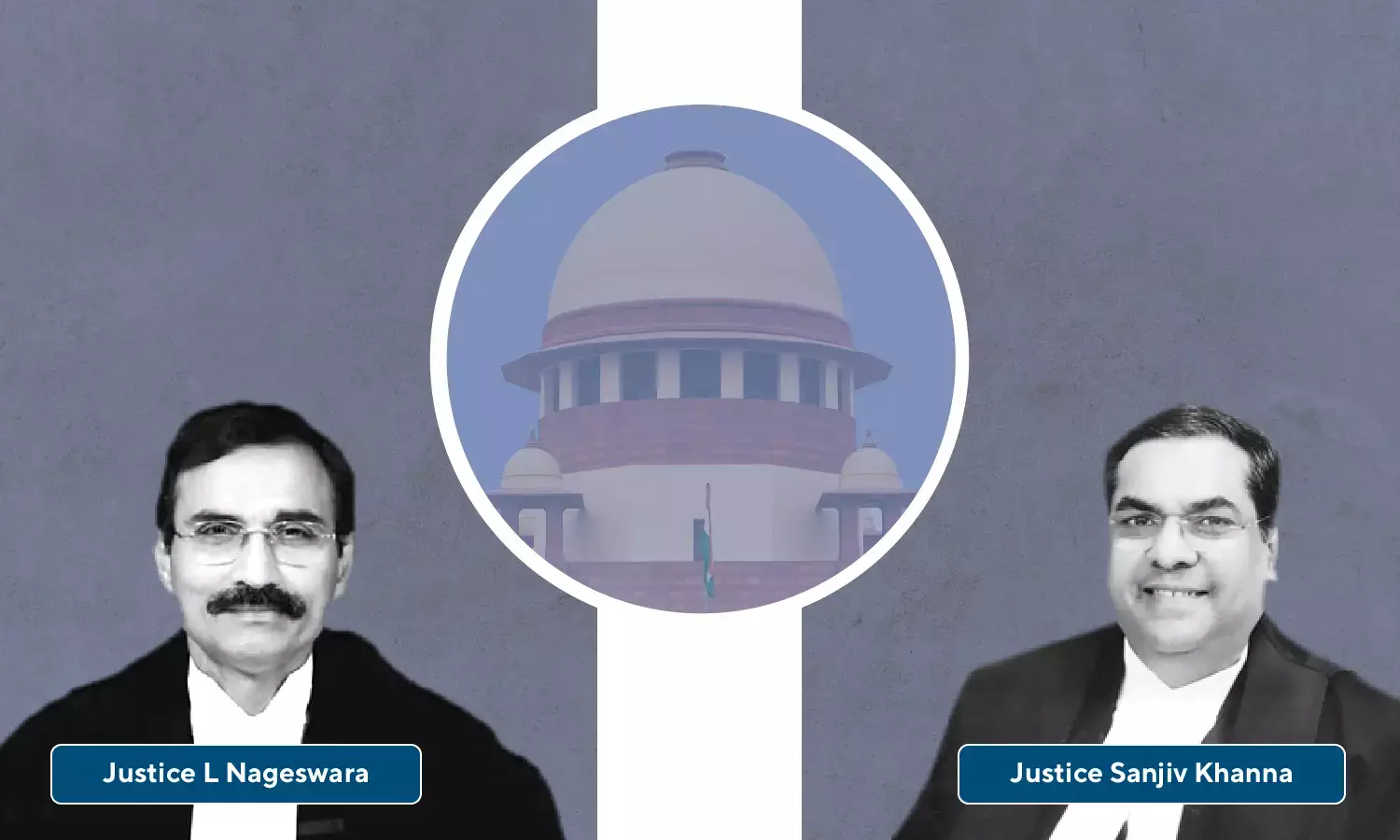Power To Make Public Appointments Must Not Be Exercised Arbitrarily By Authorities; Eligibility Criteria Must Be Uniform – Supreme Court

A two-judge Bench of Justice L Nageswara Rao and Justice Sanjiv Khanna has held that appointment to public posts must be made in adherence to Article 14 and Article 16 of the Constitution of India. Also, the eligibility criteria of appointment must be uniform without any scope for arbitrary selections by unfettered discretion being vested in the authorities.
The Court held, "Eligibility criteria should be uniform and there cannot be scope of arbitrary selections by unfettered discretion being vested in the authorities. Construing the provision relating to upper age limit as directory would be conferring unbridled power in the executive to choose persons of their choice by relaxing the age beyond 35 years. In such case, the provision would have to be declared as unconstitutional."
An appeal was preferred by the State of Jammu and Kashmir before the Supreme Court against the judgment passed by Division Bench of the Jammu and Kashmir High Court at Srinagar which had directed the appointment of Respondent 1 as Rehbar-e-Taleem (Re-T) and also directed for the continuance of Respondent 2 as Re-T.
Rehbar-e-Taleem (Re-T), a scheme was introduced in the State of J&K for the promotion and decentralizing management of elementary education with community participation and involvement.
As per the Scheme, teaching guides referred to as Re-T in primary and middle schools were to be appointed to cover the lack of staff.
According to the scheme, a candidate who sought to be appointed as Re-T must be –
1. Permanent resident of the state;
2. He/she must possess the minimum qualification of 10+2; and
3. The candidate must fulfill 'as far as possible' the age qualification as prescribed by the State.
Upon fulfilling the eligibility criteria, Respondent 2 was selected for appointment as Re-T. However this appointment was challenged by Respondent 1 before the High Court but the petition was dismissed by the Single Judge Bench, but allowed by the Division Bench of the High Court.
The Appellant before the Apex Court contended that the High Court had committed an error for directing the appointment of Respondent 1 and also the continuance of Respondent 2.
While the first Respondent contended that the second Respondent had crossed the maximum age of 35 years hence not eligible to apply as Re-T.
Also, the Statutory Regulatory Order (SRO) 30 of 2003 which had relaxed the maximum age for appointment of teacher by two years was not applicable in the instant case.
The second Respondent argued that her appointment was in adherence to advertisement SRO 30 applied to all selections. It was contended that the words 'as far as possible' are directory and authorities had the power to relax the maximum age beyond 35 years.
After examining the contentions of the parties, the Court held that there was no dispute that the upper age limit for appointment as Re-T was 35 years as the advertisement stipulated that the candidate must fulfill the qualification 'as far as possible.'
The Court was in consonance with the conclusion of the Division Bench of the High Court and held "Appointments to public posts should be strictly in accordance with Articles 14 and 16 of the Constitution of India.". The Court also held that the words "as far as possible" is mandatory and not merely directory.
Hence, the Court held that 35 years shall be the upper limit for the appointment of Re-T.
Regarding the continuance of Respondent 2 as Re-T, the Court opined, "The direction issued by the High Court to continue Respondent No.2 is set aside. Respondent No.2 has been continuing to work from 2004. Therefore, the Appellant is directed to accommodate her in any other vacancy."
With the aforementioned findings, the Court disposed of the appeal.

